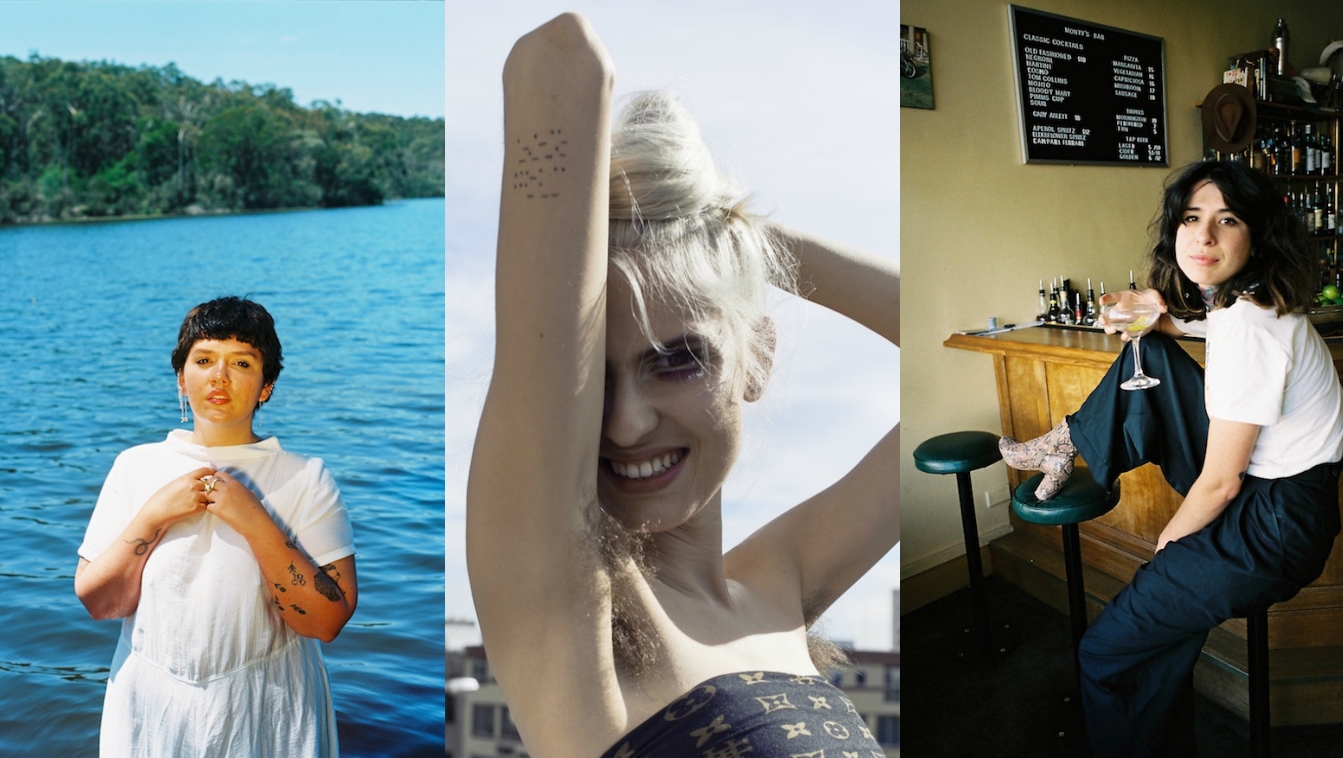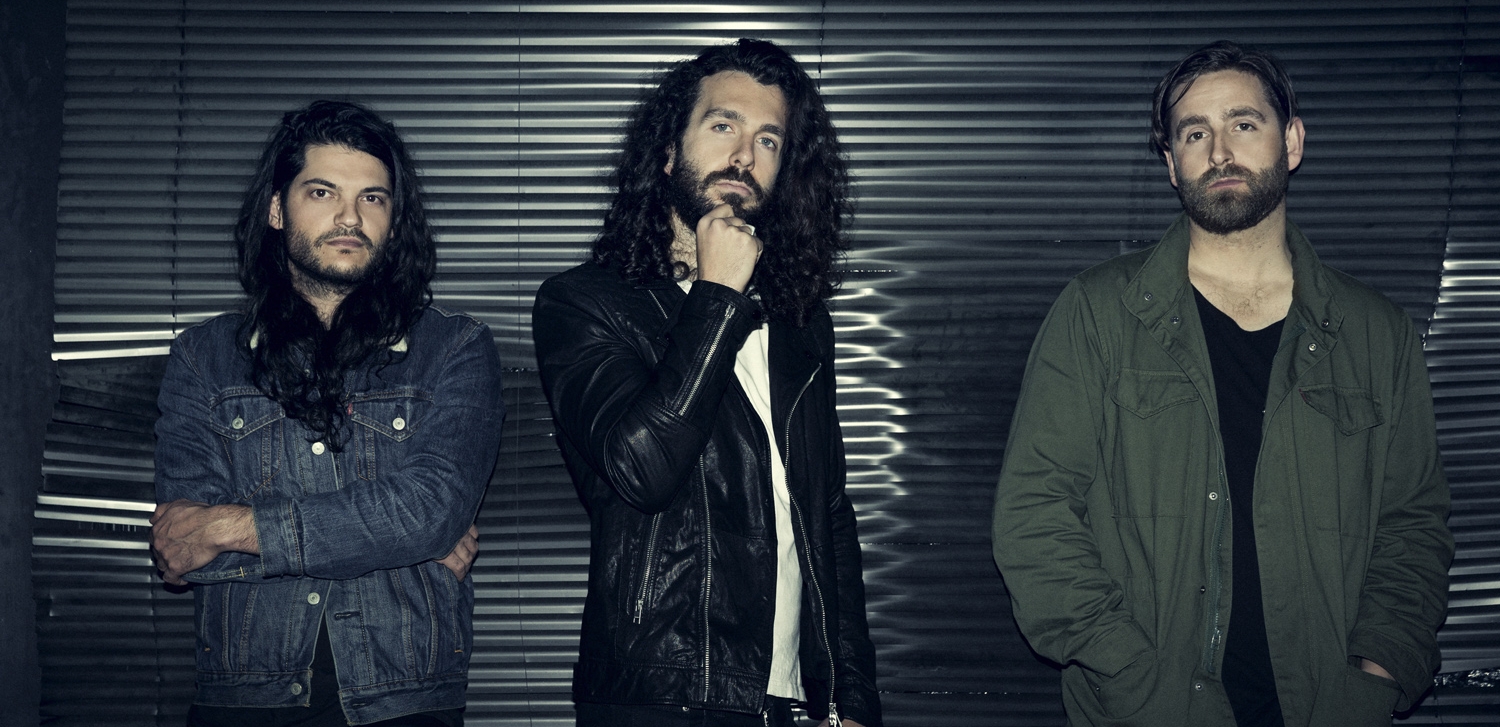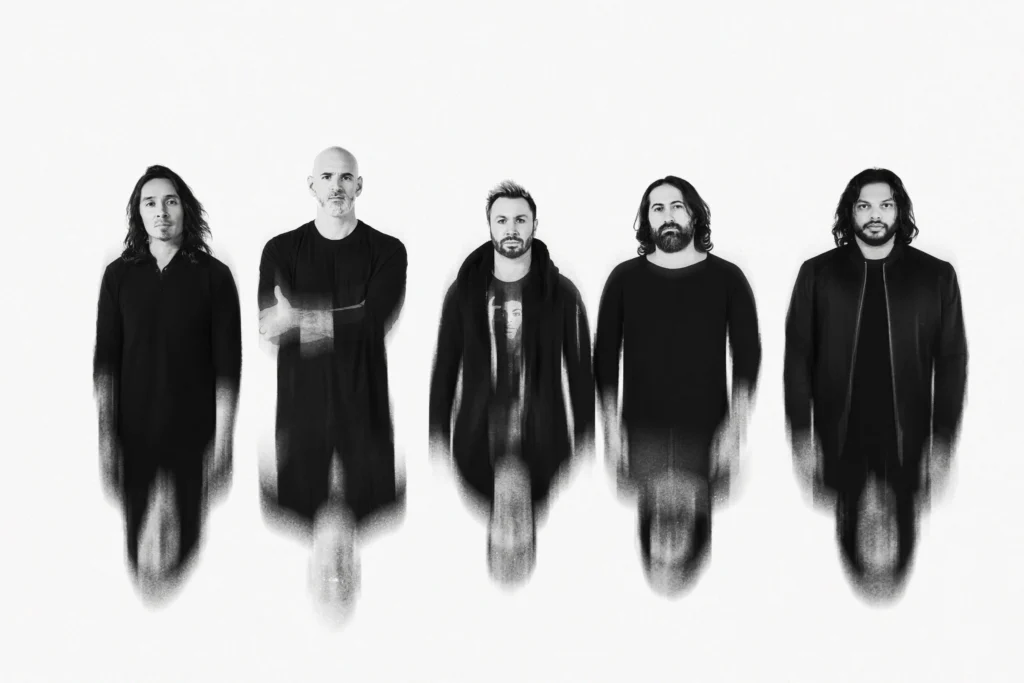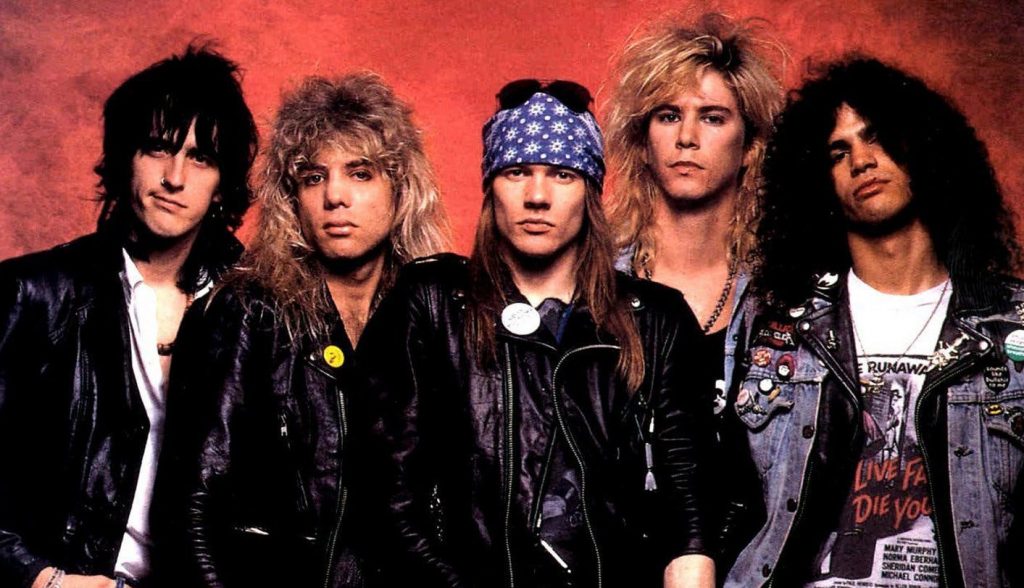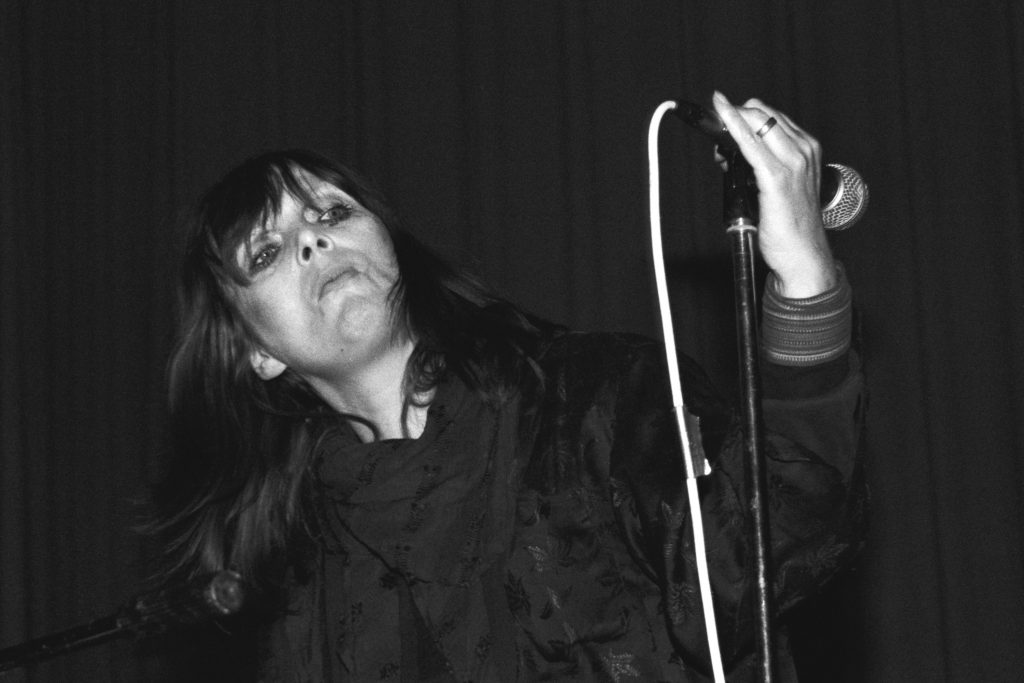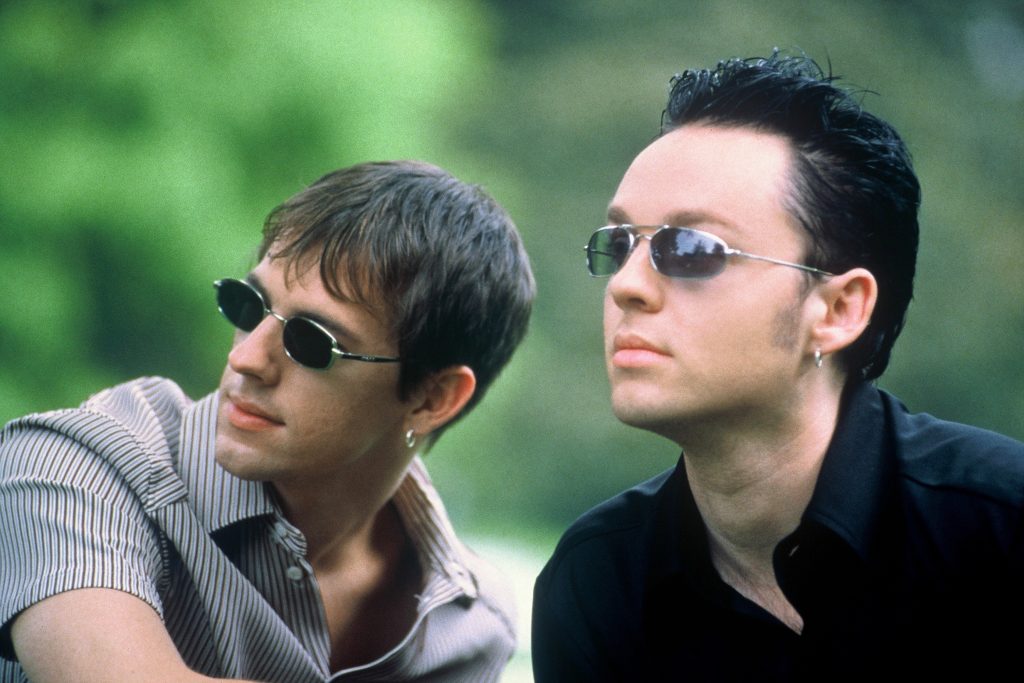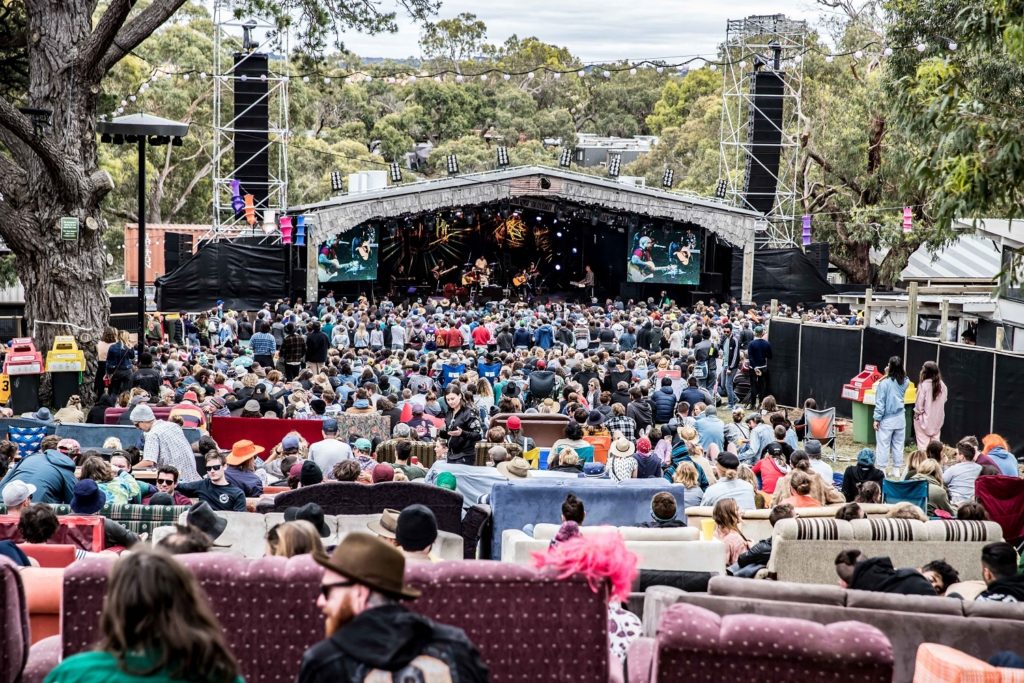“It’s magic. We are magic.”
Being a woman should be celebrated every day of the year, if you ask us. Still, we’ve got a convenient, calendar-marked day dedicated to us. March 8, that is.
In honor of International Women’s Day, we sent six inspiring women a single question to answer: What does being a woman today mean to you?
The responses we received back were pretty damn amazing.
Banoffee, musician
“Being a woman means sharing a special connection that extends beyond race, age, sexuality, political opinions and physicality. It’s something that bonds us together on a level that only women understand. It’s magic. We are magic.
It’s an uphill, hard fight against the fear of our power that started way beyond our lifetime.
Being a woman means following my gut, trusting my intuition and feeling connected to the moon and the earth.
Having the ability to love fully and to care for and nurture for things around me, in a way that only women can.
Questioning what I’ve been told makes me beautiful. Questioning what I’ve been told are my limits.
It means talking about bleeding so that others don’t feel embarrassed of their blood like I did when I was young.
It means standing up for the right to have a different opinion, and standing up for women I disagree with and don’t like.
It means making decisions about what rap music I’ll listen to, and sometimes dealing with the guilt of liking music that demeans me.
Being a woman is a gift I’ll never give up, and I’ll always fight to keep safe.”
View this post on Instagram
Sunni Hart, entrepreneur
“Do you think a man would be asked the question, what does being a man mean to you?
I’m not opposed to this question. I think women have battled, protested and tried to uncover truths long enough to warrant this question being asked.
Ultimately, being a woman is being a human, and being a human today should mean you can be whoever the hell you want or need to be. This surpasses biology and shatters any expectation of how a woman should be. Anything or anyone who tells a woman how to live is missing the whole damn point (and committing a serious act of misogyny).
Being a woman means being whoever you want to be, and letting others do the same. One must be a strong, empathetic, brave, kind and loving human being.”
Gemma Cowling, transgender model
“As someone whose womanhood is so constantly challenged – politically, socially, sexually – I felt a little unqualified to answer this.
I can pretty swiftly rule out defining it by anything physical. Some girls have penises, can we move on? (Seriously though, can we just, move on?!).
Over the last year-and-a-bit, womanhood has meant a sense of freedom and ease – the ability to make choices about my identity that fulfill and comfort me. But that’s unashamedly ironic if you consider the scrutiny women face every day (I’ve got my eye on you, patriarchy).
It’s meant finding a community, and absorbing the love and knowledge of the wonderful women I surround myself with. Defining yourself by the traits of others is probably something my therapist would want to pick apart.
All things considered, I have no fucking idea, but I’m enjoying the ride regardless.”
Frances Cannon, artist
“Being a woman has always had its difficulties throughout the history of this patriarchal society.
Even today, politicians and people in power are pushing women ‘back into their place’ continually. Women from minority and underrepresented groups are especially susceptible to this, including women with disabilities, trans women, women of colour and plus-size women.
It’s up to us to stand with other women. The most important part of being a woman is protecting, standing up for, fighting for, believing in, and raising up ALL women. All women are worthy of respect, fulfillment, and love. We need to strive together, as women, towards a world that honours us all.”
View this post on Instagram
Ollie Henderson, model and activist
“I was recently in a room of new friends, and I asked them what they thought of ectogenesis: an artificial womb that incubates outside of the body. As I spoke, I could see the ovaries quivering behind their eyes. I realised for these women, the ability to have a child was deeply connected to their womanhood. I was surprised because I don’t feel the same way.
This experience made me question what it is that makes me connected to womanhood, and it’s difficult to capture. In my utopian future, being a woman would be irrelevant – as important as having green eyes or blue. We clearly have a long way to go, but I am hopeful.
Being a woman is not about childbirth, having a vagina or wearing a dress. Being a woman is a socially-constructed place in which you can exist – a place that only fits in the current hegemony of man or woman. Perhaps this is why I feel connected to womanhood, because I can fit the mould of a woman. When one is already marginalised because of their gender, fitting the mould can feel like a safe place.
If we are ever to move toward a place where gender is less relevant, where multiple genders and gendered expressions are equal, where days like IWD are superfluous, we must accept that gender is given prevalence in our society because we collectively deem it important. This leaves me with the question: Does my personal connection to my gender, as a woman, hinder my desire for a genderless society? I’m not quite sure yet, but I’ll let you know when I have a conclusion.”
Amy Roberts, designer
“Being a woman today means living true to my values, and being empowered as a woman to create change.
We are at a pivotal time, where women have a voice and are being recognised through their own form of creative expression – whether that be business, values, beliefs, art etc.
It’s a time open to change, less judgment and encouragement of individuality. We’re uniting to help each other emotionally and physically, and aren’t afraid to talk about taboos or make a stand for what we think is right.
I feel fortunate to be living in this new age, but also feel I have a duty to help build a healthy and positive association, treatment and image of women in the industry I work in.”
This article originally appeared on Fashion Journal.
